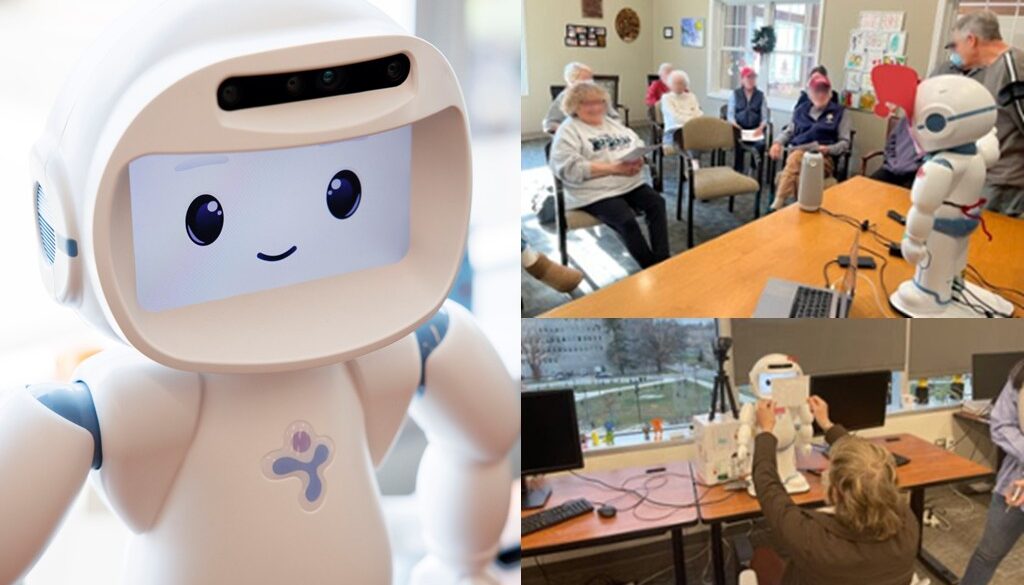
Abstract:
Human-Computer Interaction (HCI) researchers focusing on informal care partners and people living with dementia often create personas, incorporating expectations about the pair’s relationship
dynamics to guide their research and design outcome. Similarly, in our two iterations of co-design workshops aimed at designing a robot to enhance these relationships, we started with expectation that care partners would primarily lead the relationship. This assumption guided the design of the co-design workshops, which included diary studies followed by co-design sessions with eight dyads. However, our results from reflexive thematic analysis challenge the initial view that relationship dynamics follow a single persona or outcome. Instead, the diversity in relationship dynamics led to multiple design outcomes, highlighting the need for HCI researchers to consider care dynamics when designing and conducting research studies for care partnerships. Researchers can structure and create iterative co-design workshops to accommodate these dynamics by incorporating ongoing reflection on the dyad’s relationship dynamics and the researchers’ influence throughout all co-design stages. This approach enhances researchers’ ability to create more thoughtful and effective relationship technology
Reference:
Hsu, L.J., Foster, A., Sabanovic, S. and Chung, C.F., 2025. Designing with Dynamics: Reflections on Co-design Workshops Between People Living with Dementia and Their Care Partners.
https://people.ucsc.edu/~cfchung/assets/papers/chi2025-codesign-reflection.pdf